Propane gas lesson learned
fa_f3_20
15 years ago
Related Stories
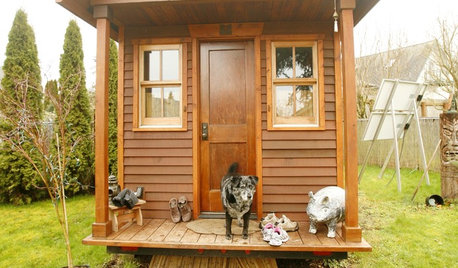
SMALL SPACESLife Lessons From 10 Years of Living in 84 Square Feet
Dee Williams was looking for a richer life. She found it by moving into a very tiny house
Full Story
REMODELING GUIDES6 Must-Know Lessons From a Serial Renovator
Get your remodel right the first time, with this insight from an architect who's been there too many times to count
Full Story
SELLING YOUR HOUSEA Moving Diary: Lessons From Selling My Home
After 79 days of home cleaning, staging and — at last — selling, a mom comes away with a top must-do for her next abode
Full Story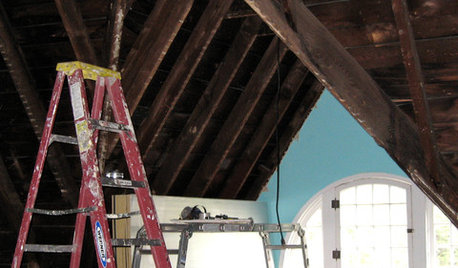
REMODELING GUIDES8 Lessons on Renovating a House from Someone Who's Living It
So you think DIY remodeling is going to be fun? Here is one homeowner's list of what you may be getting yourself into
Full Story
MODERN HOMESHouzz Tour: Design Lessons From a Deluxe Spec House
This luxurious Austin home was built on spec, but you'd probably never know it if we didn't tell you. Discover 10 reasons why
Full Story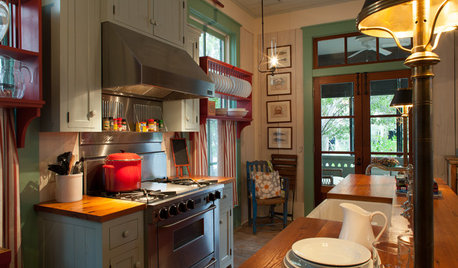
TRADITIONAL HOMESHouzz Tour: Lessons in Florida Cracker Style From a Vacation Home
This casual vintage home style is making a comeback. See the defining features up close in this relaxed house built for a crowd
Full Story
MOST POPULAR15 Remodeling ‘Uh-Oh’ Moments to Learn From
The road to successful design is paved with disaster stories. What’s yours?
Full Story
LIVING ROOMSHow to Convert Your Wood-Burning Fireplace
Learn about inserts and other options for switching your fireplace from wood to gas or electric
Full Story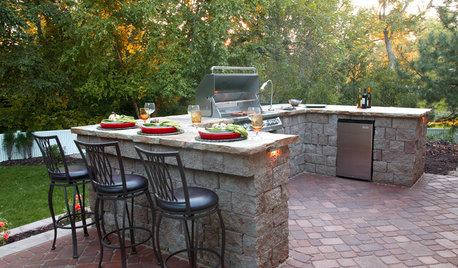
OUTDOOR KITCHENSYour Guide to Grills and More for Great Outdoor Cooking
Learn the pros and cons of gas versus charcoal grills, and about neat add-ons that let you do more
Full Story
LIFEBack to the Future of the House
Can the low-tech dwellings of the past offer design lessons for homes to come? A palace curator and book author says yes
Full StoryMore Discussions








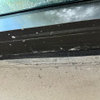
Carol_from_ny
davidandkasie
Related Professionals
New Bern General Contractors · Athens General Contractors · Dardenne Prairie General Contractors · Jacksonville General Contractors · Janesville General Contractors · Jefferson Valley-Yorktown General Contractors · Mankato General Contractors · Mobile General Contractors · Signal Hill General Contractors · Williston General Contractors · Highland Village Home Builders · Somersworth Home Builders · Westwood Home Builders · Yorkville Home Builders · Stanford Home Builderssherilynn
fa_f3_20Original Author
pjb999
bus_driver
suero
bus_driver